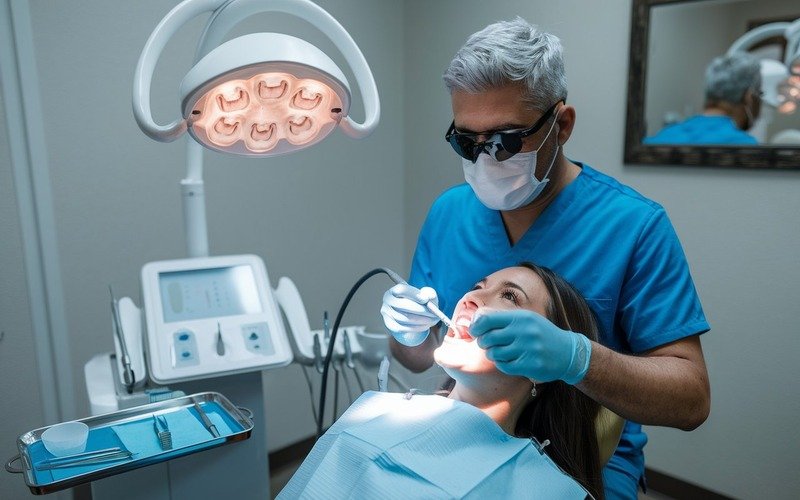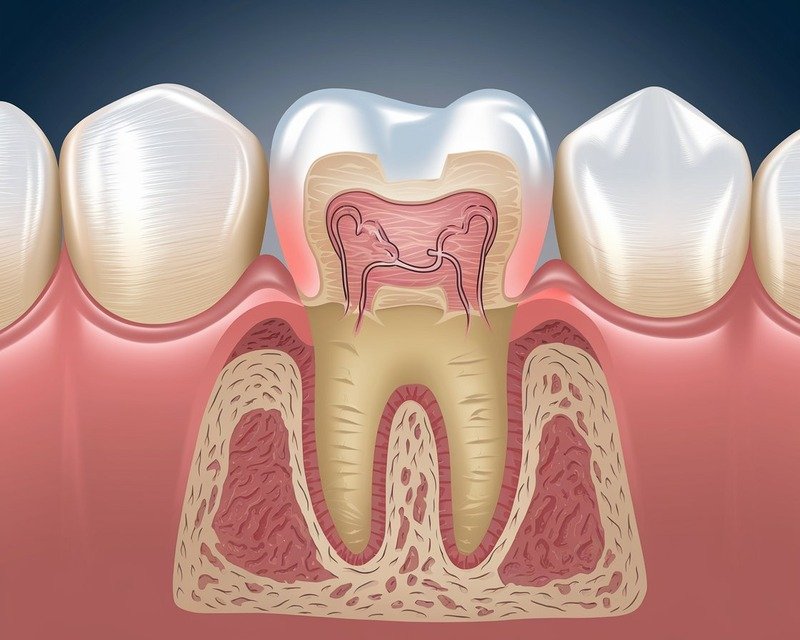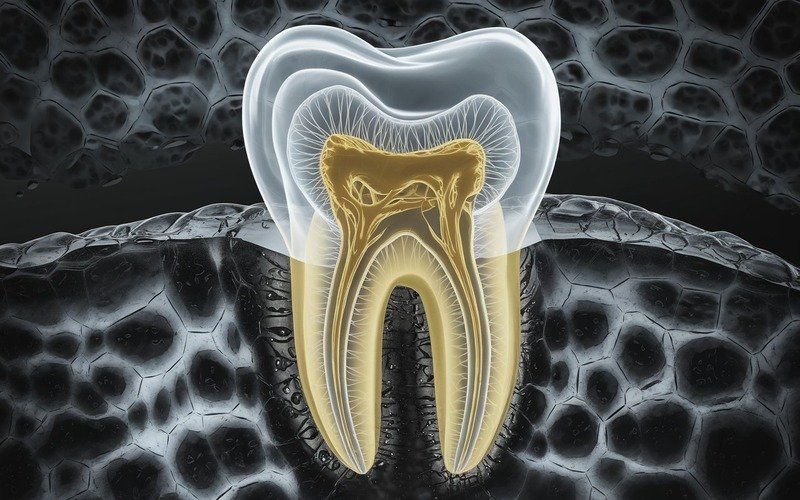
You’re expecting a baby, and suddenly your mouth feels different. That nagging tooth pain isn’t just in your imagination-pregnancy can absolutely impact your dental health. Hormonal changes, nutrition shifts, and your body’s transformation can create unexpected challenges for your teeth and gums.
Don’t panic. This guide will walk you through everything expecting moms should understand about tooth pain during pregnancy, helping you stay comfortable and healthy.
Why Pregnancy Changes Your Dental Health?
Carrying a baby is a wonderful experience that brings monumental changes to your body-and that includes your mouth. Pregnancy-related hormonal changes can play havoc with your dental health in ways you might not expect.
Your elevated levels of the hormones progesterone and estrogen make pregnancy an incredible time for your oral tissues. They swell with new life just like your belly. And the changes we see in pregnant women can almost take your breath away.
During this period, you may observe that your gums are becoming more tender or are more prone to bleeding. This is due to the increased blood flow and the hormonal changes that are making your oral tissues much more reactive.
We have written many times about how different many patients feel in their mouths during the course of their pregnancies, but understanding the reasons behind these changes can help you stay ahead of potential dental problems.
Common Causes of Tooth Pain During Pregnancy
Gingivitis is a condition that affects a significant number of women during pregnancy. It has been observed that the moment the hormonal levels fluctuate, the expectant mother’s gums become more susceptible to the bacteria that build up-a situation that leads to swelling and sensitivity in the gums.
Furthermore, the condition of the expectant mother’s teeth can also be impacted by the nutritional demands of carrying a baby. Depleting calcium reserves can cause some weakening of tooth enamel-something that also makes poor pregnant women more susceptible to cavities.
Pregnancy often brings several uncomfortable side effects, but not all of them are benign. Nausea can be insistent, but the pains associated with acid reflux can pull your focus during the day and keep you up at night. Acid reflux is another frequent companion of pregnancy, and it can also wreak havoc on your dental health.
Increased stomach acid can erode tooth enamel, but that’s not all. Reflux can also cause saliva production to slow, and if that’s not enough, the pressure of a growing baby can push the mother’s diaphragm up, making reflux more likely.
You May Be Interested In: Why Do My Teeth Hurt When Drinking Hot Beverages?
When to Call Your Dentist (Red Flags)
Let us be clear about when to seek professional assistance. If tooth discomfort lasts more than three days, it is your first warning that something is wrong. If the tooth is accompanying swelling, bleeding gums, or part of a fever, then call your dentist at LifeWorks Dental in Houston, TX, because this is not something that should be working itself out.
If the tooth soreness is newfound and is accompanied by changes in what you consider “normal” for that tooth, especially with sudden or extreme changes in how it senses hot, cold, or even room temperature, then it is also time to call the dentist.
If you frequently observe bleeding from your gums, it is advisable to seek a dental examination. This may be the beginning of a more serious condition that is best confronted early. You can schedule an appointment at our convenient location.
Safe Pain Management Strategies
It demands a careful hand. Much of the sudden dental pain that can strike during this time is caused by hormonal shifts that can affect the gums. Add into the mix that many common, over-the-counter pain medications aren’t recommended, and you’ve got a tricky situation to navigate. We can’t stress this enough: If you’re in pain, call your dentist or doctor; they can get you on the path to relief.
Here are some quick tips:
- A toothbrush with soft bristles is best.
- Rinsing with warm salt water is a good practice.
- Eating foods that are extremely hot or cold is to be avoided.
- Flossing is safe, provided it is done gently.
Protecting Your Smile During Pregnancy
The pivotal role of nutrition in maintaining dental health during pregnancy is unquestioned. It is emphasized that one should eat a lot of calcium-rich foods, as well as vitamin D. Yet another advice is drinking plenty of water. And then there is dental hygiene, which, if anything, requires even more attention than normal, given the physiological changes that pregnancy entails.
Keep in mind that each pregnancy is distinct. What is effective for one individual may not function in precisely the same manner for another. If you have particular worries or are in need of tailored recommendations, we strongly suggest that you reach out to your dentist or healthcare provider for direct counsel.
The state of your teeth and gums during the time you are pregnant is an essential part of your overall health. You can work through these critical months and come out on the other side with a solid grin—if you keep the following information front of mind.
Final Words
Your dental health matters-especially during pregnancy. While these changes can feel overwhelming, understanding what’s happening helps you stay proactive and confident.



